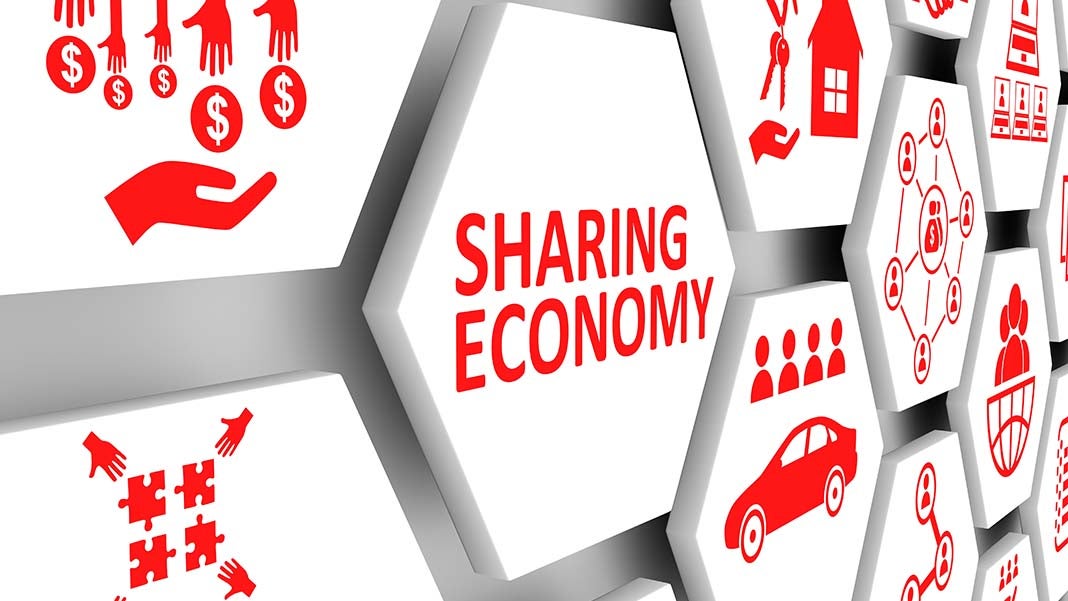
The sharing economy makes it possible for you to live a great lifestyle without owning the things you have the desire to use. Although the status of the American economy is thriving, the cost of living seems to be outpacing wage growth. In efforts to maintain a middle-class lifestyle when the economic times are tough, many people are turning to the sharing economy.
Eleanor Roosevelt believed “the purpose of life is to live it, to taste experience to the utmost, to reach out eagerly and without fear for newer and richer experiences.” As renters in 13 states spend more than half of their earnings on necessities, general happiness is declining. Consequently, luxury lifestyles are becoming as much of a declining phenomenon as The American Dream. 58% of Americans have less than $1,000 in savings, 32% have no savings at all, and 2 in 3 Americans can’t afford a summer vacation averaging $1,979.
Thanks to these added stressors, 47% chance that your mind will venture off to negative thoughts, but you can avoid this by anticipating and participating in planned experiences to reflect on. That’s right: money can buy—and influence—happiness by fulfilling your needs and desires, as well as reducing stress during hardships.
In a 2012 study, participants were more likely to connect with others when hearing about their experiences, as well as mention their own when explaining their life story. Participants also feel their experiences reflected their morals and identity. Overall, this creates a better life and social balance. Most people dread hearing others talk about their belongings; however, exchanging experiences typically don’t make you feel inferior.
In the words of Dr. Suess, “Don’t cry because it’s over, smile because it happened.” Experiences are over far before they become outdated or obsolete. Most people focus on the happy memories from even average experiences although owning disappointing possessions can be a consistent reminder of negativity. Major expenses like a car or house can bring along anxiety about damage, upkeep, and theft, but the sharing economy eliminates these worries – leaving only the good to focus on.
Purchasing & owning material things are essentially of the past. By 2021, 86.5 Americans will take advantage of the sharing economy. Platforms such as Rent the Runway don’t sell any items, Lyft doesn’t own any vehicles, and Airbnb doesn’t own any hotels. Instead, Rent the Runway provides rentable clothing while Lyft and Airbnb allow drivers and hosts to rent out their own cars and homes to generate income.
Popular among millennials, the sharing economy thrives on peer-to-peer access to shared goods and services. This allows sustainable, on-demand access to vehicles, lodging, swimming, and even fashion without the burden of ownership. Whether you’re seeking to generate extra income from your dormant items or plan your next vacation, the sharing economy has something for you.













